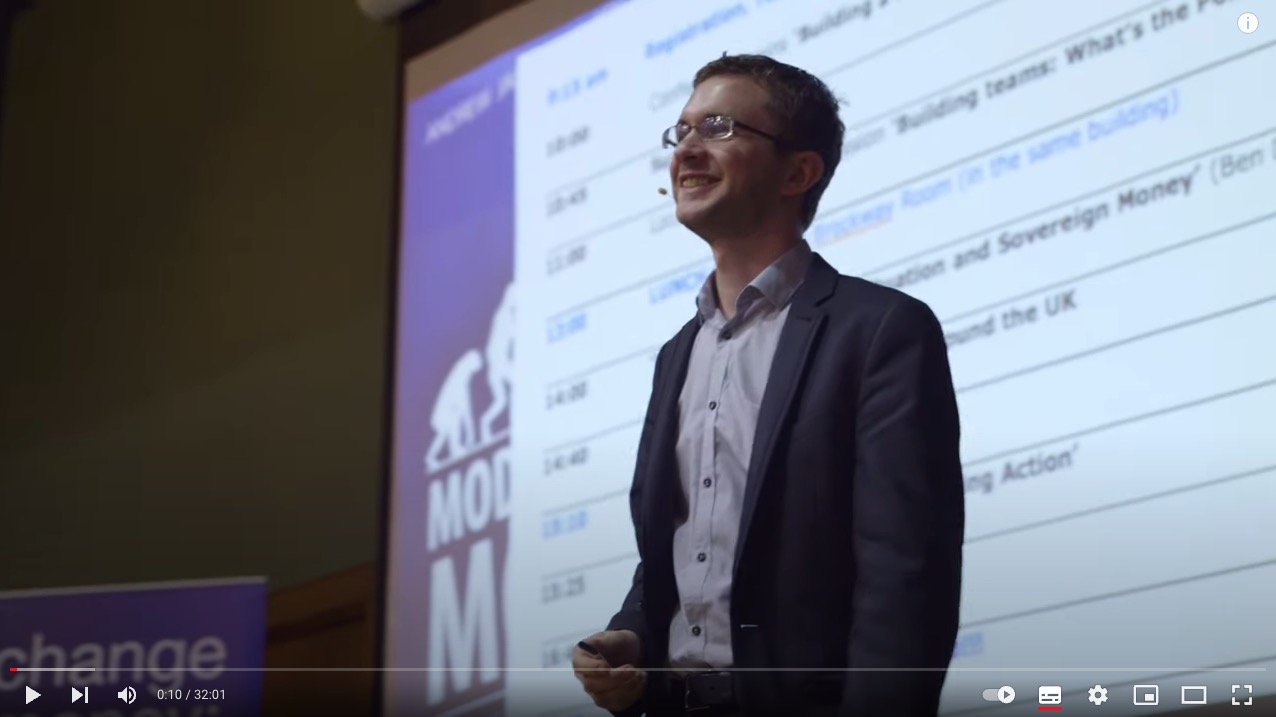The banking factor
It’s a bit more complicated than this. Banks also create money when they issue loans. However, we will concentrate on the government’s role here. You can find out about banks and money creation here:
This piece also explains why the creation of “sovereign money” by the government can be a very good thing.
The government’s chosen current way of dealing with inflation is through interest rates. This reduces the amount of money created by the banks (higher interest rates reduce the demand for loans, hence the banks create less money), and hence should reduce inflation. If the government spends all this money on investments into tidal power and so on, won’t the money pumped into the economy push up inflation?
We are already seeing high rates of inflation so surely we don’t need anything else pushing it up? Well normally this would be a good argument, however our current level of inflation is not being created by too much money in the system. Current inflation is down to problems with supply not demand.
The war in Ukraine, the pandemic, the way that Brexit has been implemented have all impacted on our supply lines. Reducing supply has much the same effect as increasing demand. Prices go up.
Even the Bank of England have stated that the rise in interest rates that they are pushing through can affect no more than 20% of the current inflation rate. It can be argued that it could be worse than that. If you push up the cost of mortgages at the moment, there must be a risk of increasing inflation.
